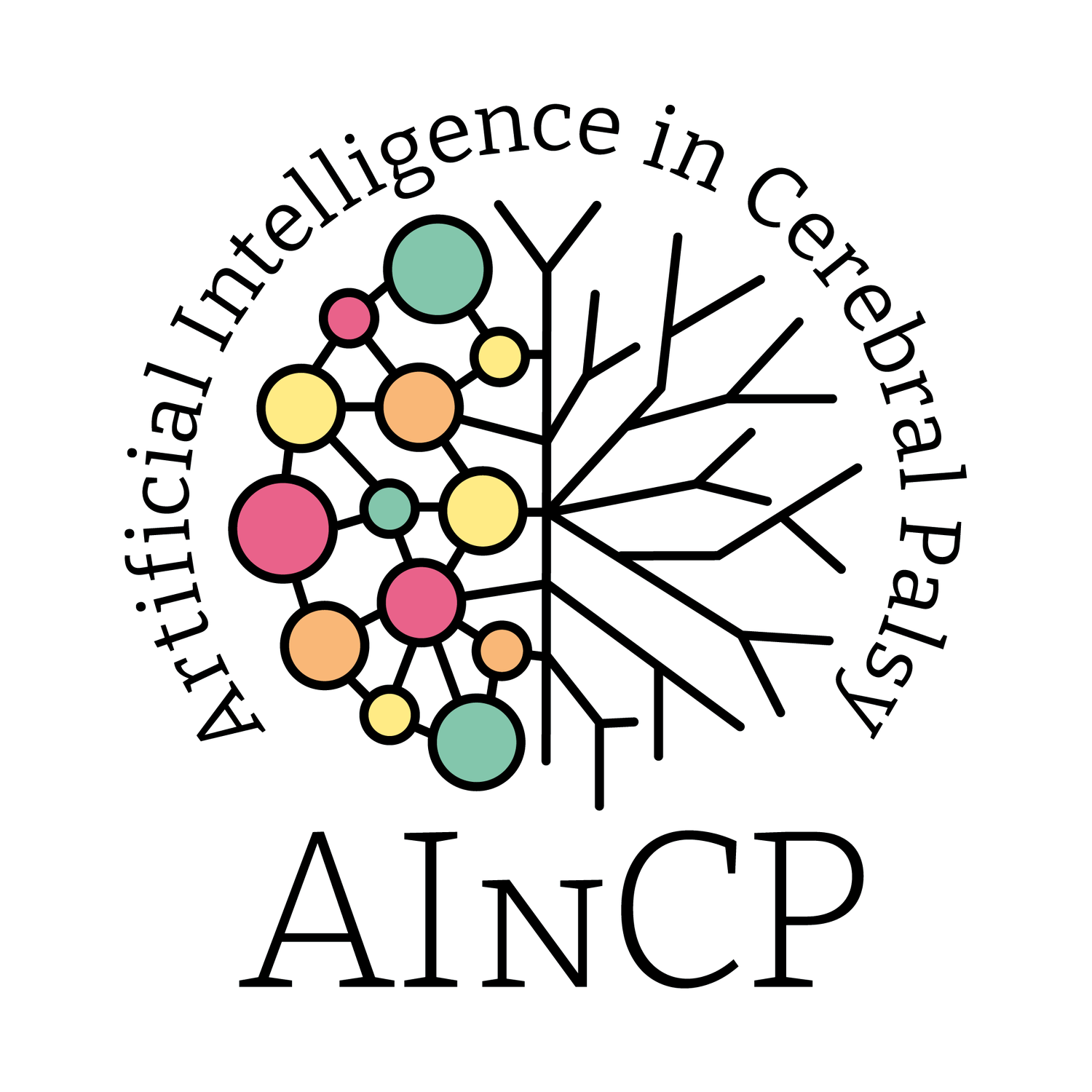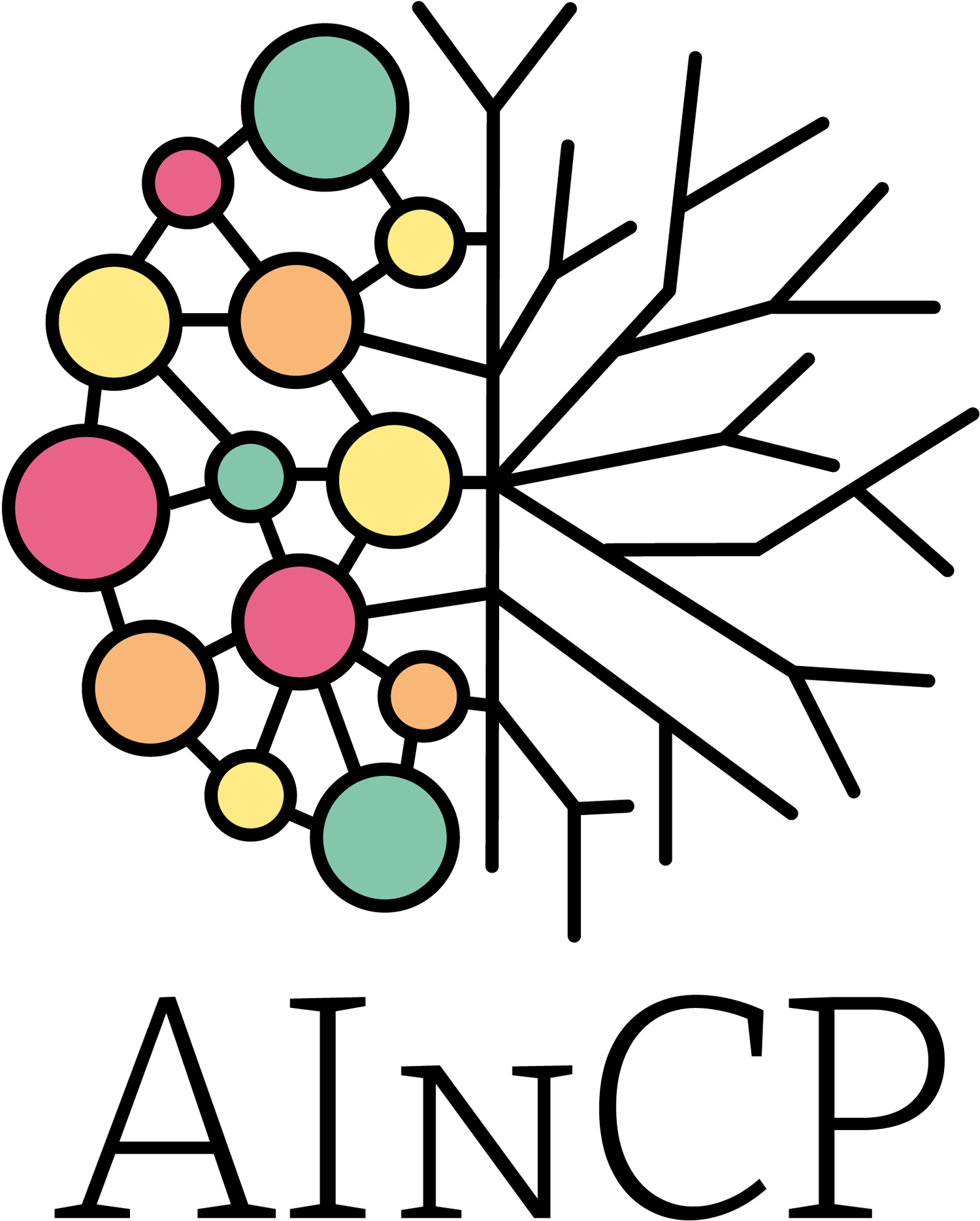Studio osservazionale AINCP in Italia: come sta andando la prima fase di reclutamento e risposta alle domande più frequenti (Italian/ English)
For English version, see below
Questo articolo offre un aggiornamento sulle attività dello studio osservazionale AINCP in Italia e si rivolge a tutte le persone interessate, soprattutto ai genitori italiani che hanno fatto domanda di partecipazione per il/la loro figlio/a e che sono stati coinvolti nei passaggi che illustriamo qui di seguito.
In Italia la fase di reclutamento è a cura della Fondazione Stella Maris (FSM) che ci ha fornito i numeri che qui pubblichiamo.
FSM ha ricevuto ad oggi in totale 116 domande da parte dei genitori, i quali sono stati contattati con un’email informativa sullo studio (step 1). Ai genitori è stato richiesto di fornire i documenti utili (come diagnosi medica, dati anagrafici, ecc.) per la prevalutazione (step 2). La pre-valutazione è stata necessaria per verificare che i requisiti minimi fossero soddisfatti. Le famiglie non contattabili in prima battuta sono state poi raggiunte anche grazie al supporto della Fondazione FightTheStroke.
All’email, e alla prevalutazione, ha risposto la maggior parte dei genitori:
65 domande hanno superato lo step 2 e quindi sono in programma per la tele-visita (step 3)
Per altre 10 domande la prevalutazione non è stata ancora fatta, ma verrà effettuata a breve.
Per altre 15 domande la diagnosi dei bambini e adolescenti è nota, perché essi sono già pazienti di FSM e passeranno direttamente alla fase di valutazione presso FSM (step 4).
26 domande sono in sospeso perché i genitori non hanno risposto alla prima email inviata da FSM e quindi non è stato possibile procedere. Se sei tra questi genitori, e hai bisogno di maggiori informazioni, ci puoi scrivere all’indirizzo aincp.ita@med.unipi.it .
Riguardo la tele-visita (step 3), FSM sta procedendo con i suoi clinici a fissare gli incontri e – per coloro che sono ammessi – vengono fissati via via anche gli appuntamenti in presenza presso FSM (step 4).
Si tratta al momento di circa 80 bambini e adolescenti (116 totali – 26 in sospeso – 10 in attesa di pre-valutazione = 80).
Se hai bisogno di informazioni logistiche su viaggio, alloggio, caratteristiche del day hospital, puoi scrivere all’indirizzo email aincp.ita@med.unipi.it.
Ti segnaliamo comunque nel file allegato alcune strutture in cui alloggiare.
La fase di reclutamento è iniziata in Italia il 6 ottobre 2023 – annunciata nella giornata mondiale della Paralisi Cerebrale, anche con il primo numero della nostra newsletter. Per rimanere aggiornato seguici sui nostri canali social, sul sito web e iscriviti alla Newsletter AINCP in inglese qui, oppure in italiano qui.
In Spagna la fase di reclutamento AINCP per lo studio osservazionale è iniziata il 3 dicembre 2023 con eventi dedicati alle famiglie per illustrare il progetto e spiegare i criteri di ammissibilità per i bambini e adolescenti. Attualmente sono arrivate 45 candidature in Spagna.
Se vivi in Belgio o Georgia ti chiediamo di pazientare, pubblicheremo aggiornamenti più avanti anche sullo stato dello studio osservazionale in questi Paesi.
——————
English version
AINCP observational study in Italy: how the first phase of recruitment is going and answers to the most frequently asked questions
This article offers an update on the activities of the AINCP observational study in Italy and is aimed at all interested people, especially Italian parents who have applied to participate for their child and who were involved in the steps we illustrate below.
In Italy the recruitment phase is carried out by the Stella Maris Foundation (FSM) which provided us with the numbers that we publish here.
To date, FSM has received a total of 116 applications from parents, who were contacted with an information email about the study (step 1). Parents were asked to provide documentation (such as medical diagnosis, personal data, etc.) for the pre-evaluation (step 2). The pre-evaluation was necessary to verify that the minimum requirements were met. The families who could not be contacted initially were then also reached thanks to the support of the FightTheStroke Foundation.
Most parents responded to the email and the pre-evaluation:
65 applications have passed step 2 and are therefore scheduled for the tele-visit (step 3).
For 10 other applications the pre-evaluation has not yet been done but it will be carried out soon.
For 15 other applications the diagnosis of the children and adolescents is known, because they are already FSM patients and will move directly to the evaluation phase at FSM (step 4).
26 applications are pending because the parents did not respond to the first email sent by FSM and therefore it was not possible to proceed. If you are one of these parents, and you need more information, you can write to us at aincp.ita@med.unipi.it .
Regarding the tele-visit (step 3), FSM is proceeding with its clinicians to schedule the meetings and - for those who are admitted - in-person appointments at FSM are also gradually being scheduled (step 4).
There are currently approximately 80 children and adolescents (116 total – 26 pending – 10 awaiting pre-assessment = 80).
If you need logistical information on travel, accommodation, characteristics of the day hospital, you can write to the email address aincp.ita@med.unipi.it.
However, here is a list of accommodations in the attached file.
The recruitment phase began in Italy on 6 October 2023 – announced on World Cerebral Palsy Day, also with the first issue of our newsletter. To stay up to date, follow us on our social channels, on the website and subscribe to the AINCP Newsletter in English here, or in Italian here.
In Spain the AINCP recruitment phase for the observational study began on 3 December 2023 with events dedicated to families to illustrate the project and explain the eligibility criteria for children and adolescents. Currently, 45 applications have arrived in Spain.
If you live in Belgium or Georgia we ask you to be patient, we will publish updates on the status of the observational study in these countries too.

